IVF Twins: How Likely Is a Double Miracle?
Fertility Treatment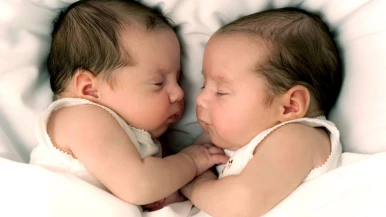
Men who have low sperm count (oligospermia) and motility, abnormal sperm morphology, abnormal semen PH, or watery semen are sometimes considered infertile; however, thanks to the new assisted conception technologies such as IVF and ICSI, they can also father a child in a short period of time.
Although ICSI with IVF increases the chance of successful pregnancy, it may lead to multiple births (IVF twins or triplets) and put the mother’s life at risk. The chances of twins with IVF can vary depending on several factors, including the age of the woman, the type of IVF procedure used, and the number of embryos transferred.
In this article, we briefly mention the procedure of ICSI with IVF and discuss the complications of IVF multiple births. We also answer frequently asked questions in IVF, such as: can you have twins with IVF, or does IVF increase the chance of twins?
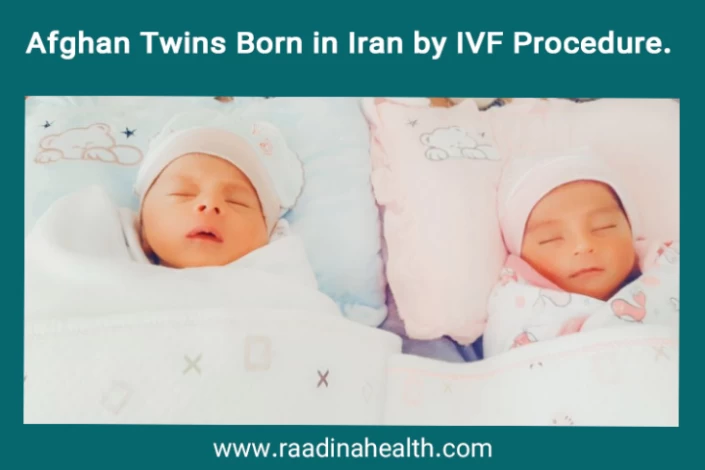
ICSI with IVF Process
In IVF, multiple healthy sperms are mixed with mature eggs in an IVF dish to make an embryo. However, if there is no strong sperm to penetrate the egg and fertilize it naturally, the fertility specialist uses the ICSI technique to help the fertilization process.
In this method, a tiny and narrow needle injects a healthy sperm into the centre of the egg. Once fertilization occurs, the embryo is cultured in the laboratory for one to five days and then transferred to the mother’s uterus. As an effective treatment for male infertility, ICSI with IVF improves the chance of fertilization for couples with multiple IVF failures due to sperm problems.

Does IVF Increase the Chance of Twins?
In IVF treatment, fertility specialists usually transfer more than one embryo into the uterus to increase the chance of successful pregnancy. This leads to multiple gestation pregnancies in 30 to 40% of cases.
Also, the chance of a single embryo dividing and making identical twins is higher in IVF than in natural pregnancy. Therefore, the best way to prevent ivf twins and triplets in IVF is to transfer only one embryo in each cycle, even if it reduces the chance of pregnancy.
Does ICSI Increase the Chance of Twins?
According to studies, the chance of monozygotic twin pregnancies in ICSI and IVF is higher than in natural pregnancies. In fact, the chances of twins with IVF are 30-35%, and the chance of having triplets is 5-10% in IVF. It should be noted that multiple pregnancies are considered a side effect of this assisted reproductive technique as it negatively affects mothers’ and babies’ health.
How to Increase the Chance of Twins with IVF?
Despite its potentially harmful effects on the body, many couples prefer having twins with IVF. Some factors, such as being over the age of 30, taking certain fertility medications (Clomid, Follistim, etc.), getting pregnant while breastfeeding, and using folic acid supplements increase the chance of multiple pregnancies in IVF.
Complications of IVF Multiple Births
Although being pregnant with two or more babies can be wonderful and exciting for many, it has some risks that may jeopardize the lives of both the mother and children. In the following, some of the main complications of IVF multiple births are mentioned:
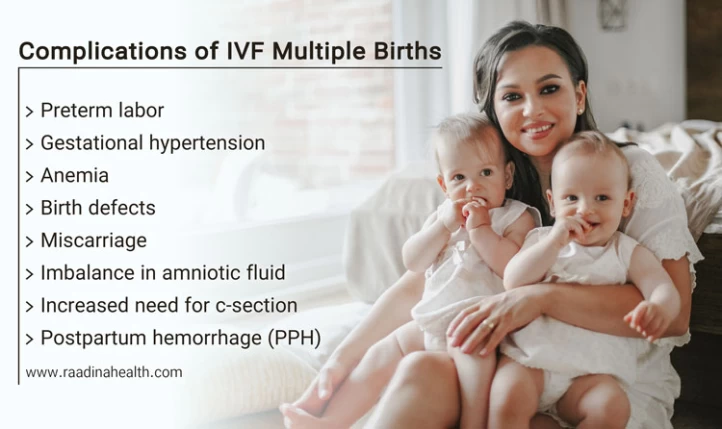
Preterm labour
The chance of preterm labor (giving birth before week 37) in IVF multiple pregnancies is more than 60%. Babies born sooner than expected may suffer from heart and brain problems, gastrointestinal diseases, immune system problems, apnea, respiratory distress, infection, premature birth, low birth weight, etc.
Multiple-birth babies often need additional care in the neonatal intensive care unit (NICU) after birth. Also, mothers who experience early delivery probably face severe bleeding, diabetes, and reproductive tract infections (RTIs) and should be monitored for a couple of weeks after giving birth to their babies.
Gestational hypertension
Gestational hypertension -or high blood pressure in pregnancy- is a less common complication of IVF multiple births (in only 6% of cases). Usually, high blood pressure begins after 20 weeks of pregnancy or is close to delivery and goes away on its own after delivering the baby.
This health condition can cause placenta abruption, poor fetal growth, eclampsia, toxemia, and stroke. Therefore, women with gestational hypertension during their multiple pregnancies should be monitored by their gynaecologist throughout the 37 to 42 weeks.
Anaemia
Iron deficiency and anemia are the most common complications of IVF multiple pregnancies, which may result in a fetus’ heart and brain failure. Anaemia usually happens when there is an insufficient red blood cell or hemoglobin in the mother’s blood system.
Birth defects
Twins and triplets are at a higher risk of developing birth defects such as heart diseases, spinal Bifida, digestive problems, respiratory defects, and cerebral palsy (CP).
Miscarriage
The vanishing twin syndrome -or early miscarriage- is a life-threatening side effect of IVF multiple births, mainly in the first trimester of pregnancy. If one baby is lost due to genetic or chromosomal problems, the other one(s) will perish too. Unfortunately, vanishing twin syndrome cannot be treated or prevented.
Twin-to-twin transfusion syndrome (TTTS)
Twin-to-twin transfusion syndrome is a rare but prenatal severe disorder in which the fetuses grow at different rates. The reason for TTTS is an imbalance in blood flow in the placenta, which may result in malnourishment and organ failure in one fetus. The other fetus may also develop cardiac complications due to excessive receiving of blood and nutrients in the womb.
Imbalance in amniotic fluid
Amniotic fluid is a clear fluid that surrounds the fetus during pregnancy and protects it from sudden injury and temperature changes. It also helps the fetus to absorb nutrients better and move freely. In multiple pregnancies, there may be an imbalance (polyhydramnios and oligohydramnios) in this fluid, which causes preterm labor, congenital anomalies, and miscarriage.
Increased need for c-section
The risk of fetus mortality in vagina delivery is higher in multiple births than in cesarean sections. Therefore, the doctors usually perform a c-section or mixed birth (combined birth) to deliver the babies. In the mixed method, the first baby is delivered through vaginal delivery, and the other baby(s) are delivered through c-section.
Postpartum haemorrhage (PPH)
Being pregnant with more than one child makes the placenta and uterus larger and heavier than usual. This problem can increase the chance of severe vaginal bleeding after delivery and risk the mother’s life. Therefore, special attention should be given to mothers who give birth to more than one fetus to prevent postpartum haemorrhage.

Why Does IVF Increase the Chance of Twins?
The main reason that the IVF twin percentage is higher than natural conception is that this method usually transfers more than one embryo to the uterus. The fertility specialists transfer multiple embryos in the hope of achieving pregnancy, but they also increase the chance of twins. Also, since the mother takes hormonal medications during the IVF cycle, the receptivity of her uterus is much more than in natural pregnancy; therefore, more than one embryo attaches to the uterine wall and causes IVF twins and triplets.
Can I Ask for Twins When I Get IVF?
While it is technically possible to request the transfer of multiple embryos during IVF in order to increase the chances of having twins, it is generally not encouraged by fertility clinics. The reasons for this include the increased risks and complications associated with multiple pregnancies.
Fertility clinics typically prioritize the health and well-being of both the mother and the babies and aim to achieve a successful pregnancy while minimizing risks. The focus is on achieving a single, healthy pregnancy rather than aiming for IVF twins or multiple pregnancies.
In addition, from a financial perspective, while it may seem more cost-effective to transfer multiple embryos at once, the potential costs associated with complications and medical interventions for a multiple pregnancy can be significantly higher. This includes increased prenatal care, hospital stays, and neonatal intensive care for the babies.
IVF in Iran
In vitro fertilization is a costly fertility treatment and requires lots of time and energy, so repeating it several times can be challenging for many couples. In this regard, you should be careful about choosing your fertility specialist, embryologist, and hospital to get the best results in the shortest time possible.
Fortunately, Iran has enumerable experienced and well-educated fertility doctors and numerous modern laboratories and hospitals equipped with the latest technologies. Also, the price of IVF and its additional costs, such as lab charges, medications, and consultation fees, are considerably lower than in other countries. All in all, Iran is a desirable destination for those who wish to expand their family via IVF at an affordable price.

FAQs about Multiple Pregnancies with IVF
Can my age affect multiple pregnancies with IVF?
Studies have revealed that the lower the maternal age, the higher the chance of multiple IVF births.
What are the chances of having twins in IVF?
According to the American Society for Reproductive Medicine, one-third of IVF pregnancies are multiples
Can you request twins with ICSI?
Yes, legally, you can ask for the transfer of more than one embryo in ICSI and IVF, but all fertility specialists recommend not doing so. Multiple pregnancies are considered a side effect of fertility drugs and ICSI because they can negatively affect the mother and babies’ health.
Does ICSI affect the gender of twins?
Based on the latest findings, women who conceive with ICSI or IVF are more likely to give birth to twin girls.
Can I have twins with one embryo transfer?
Although there is a small chance of having identical twins with IVF, it is still possible that a single embryo splits and forms two babies.
Can you choose to have twins with IVF?
If you wish to have twins with IVF, you can ask your doctor to transfer two or three healthy embryos into your womb, but the doctor cannot guarantee that you will have twins because there is no way to ensure that more than one embryo will attach to the endometrium.
Can you pay for IVF to have twins?
Clinics may offer to transfer multiple embryos to increase the chance of twins, but paying specifically for twins is not a guaranteed or ethical practice. Twin pregnancies carry higher risks.
Can you choose to have twins with IVF?
You cannot directly choose twins. Implanting multiple embryos can increase the odds, but the outcome depends on how many embryos successfully implant.
What is the IVF twin pregnancy success rate?
The chance of twins depends on maternal age and the number of embryos transferred. On average, transferring two embryos gives about a 20–30% chance of twins, but rates vary by clinic and patient factors.


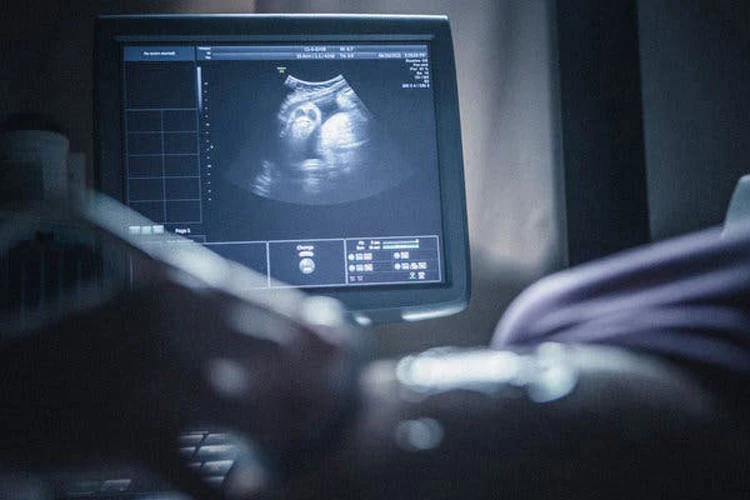
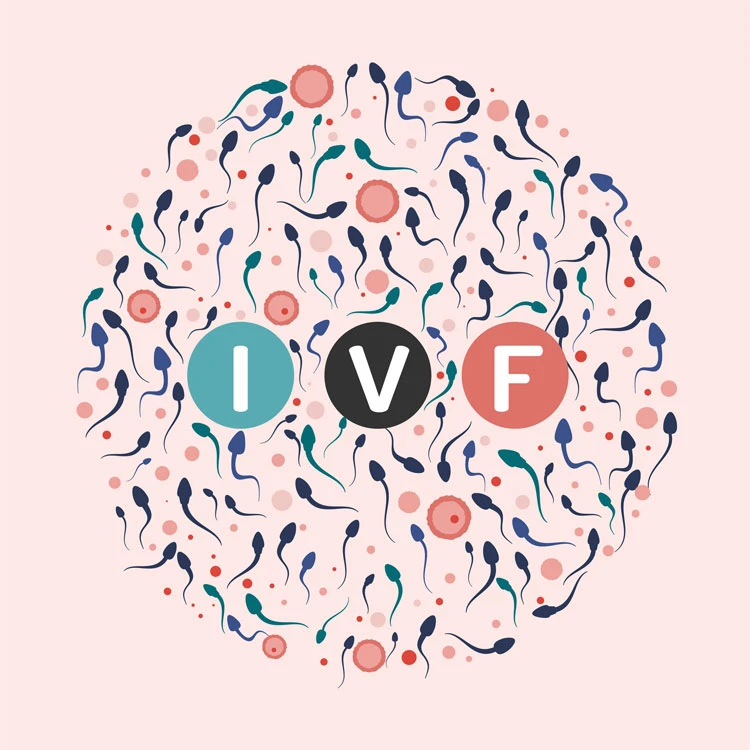
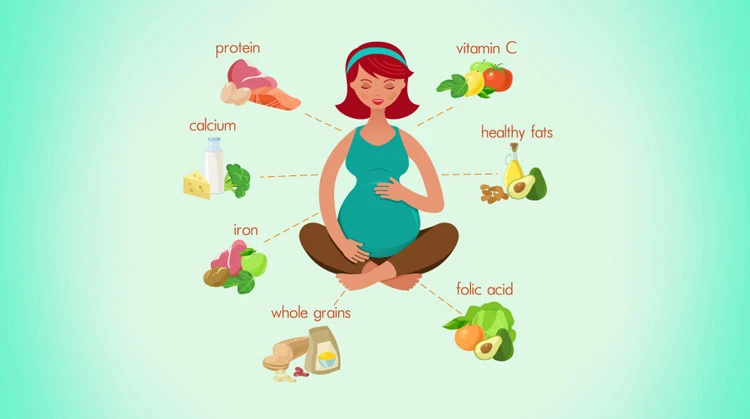
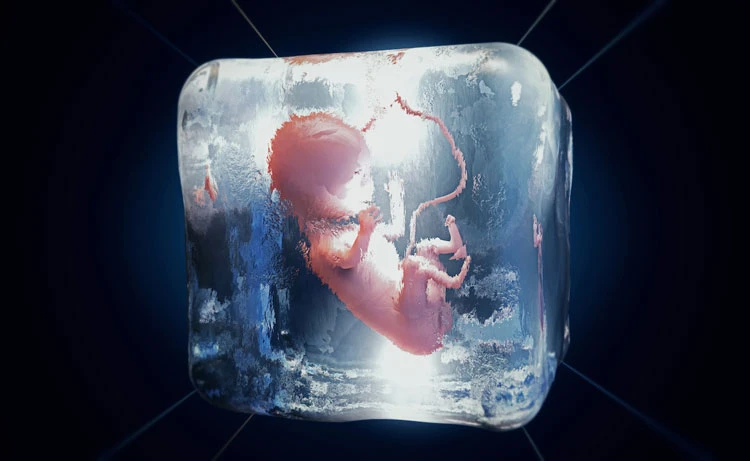

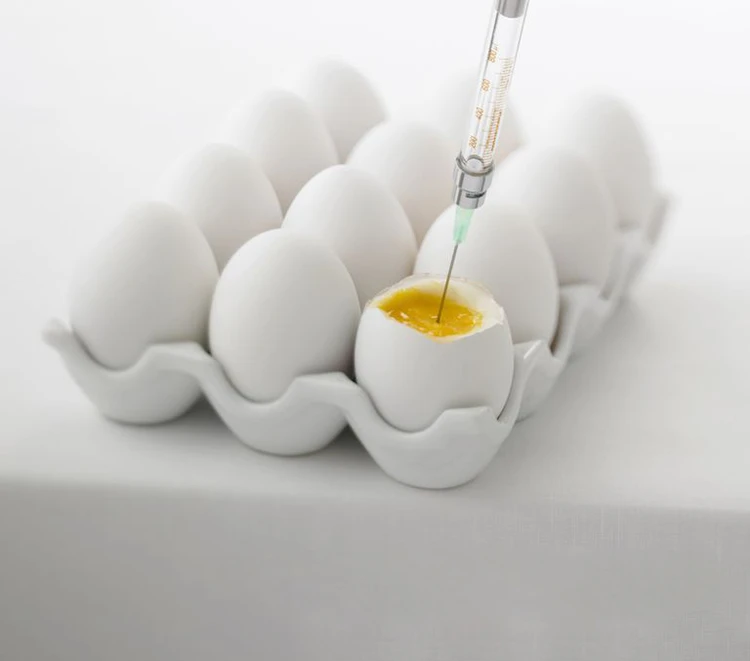
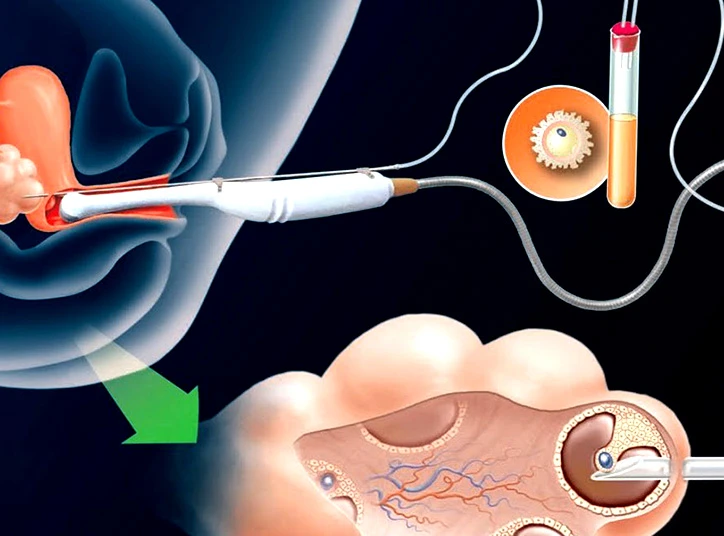
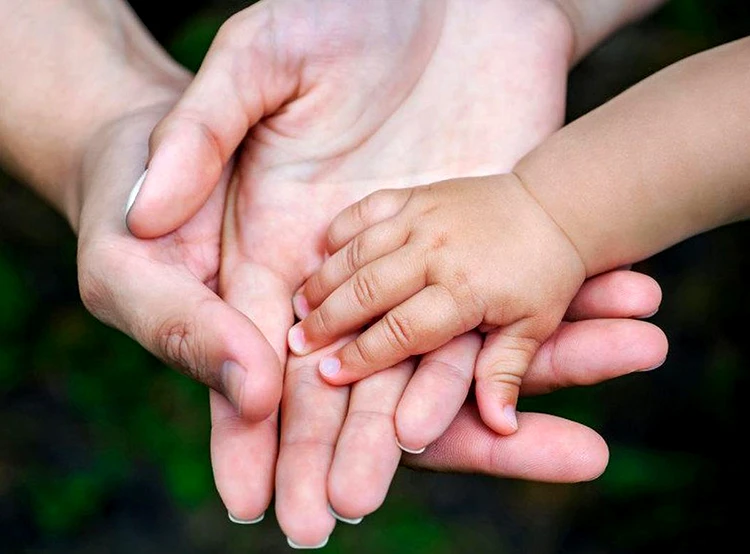
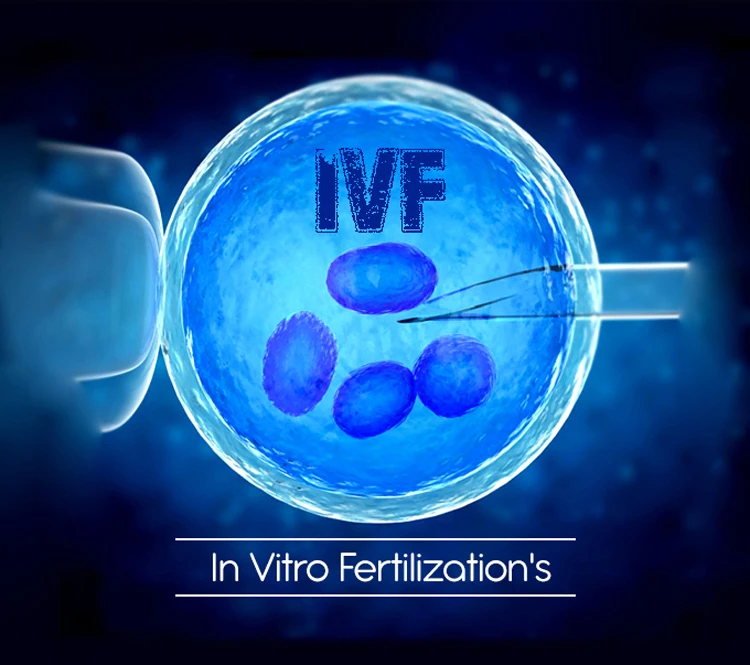
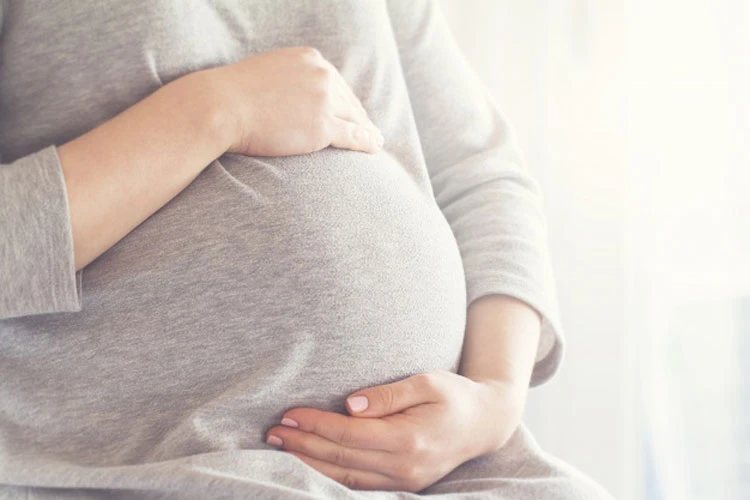
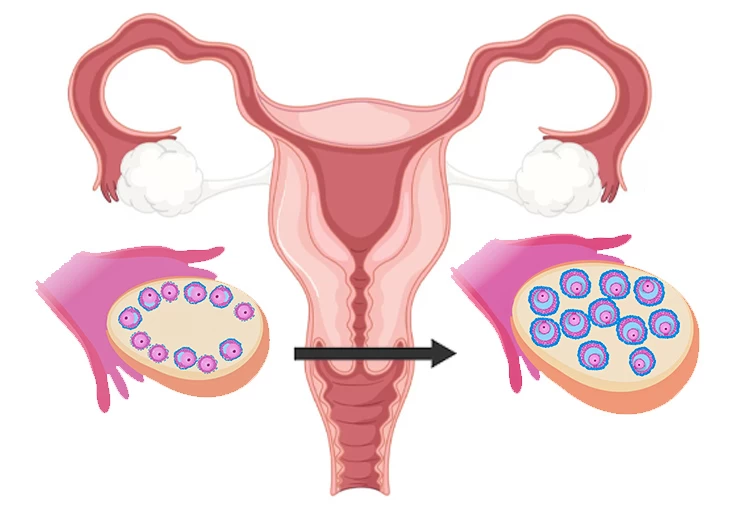
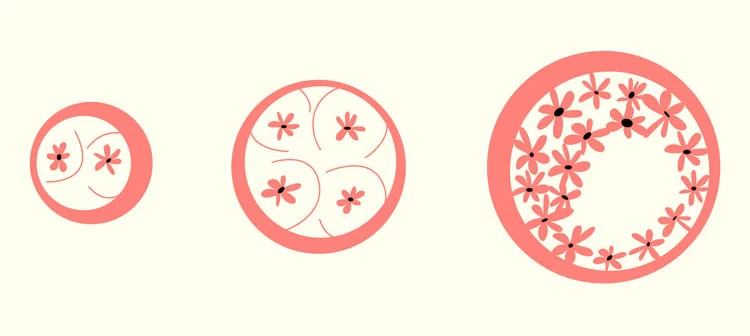
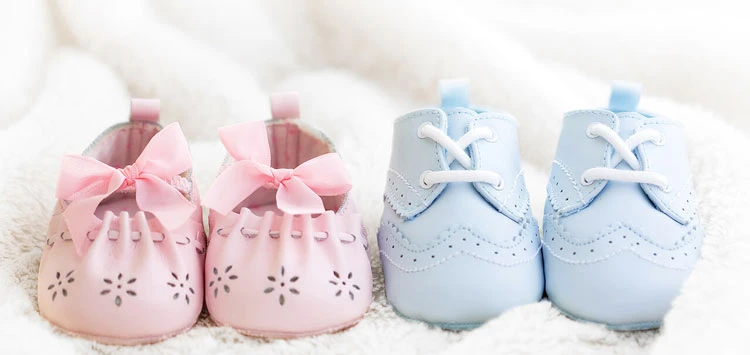
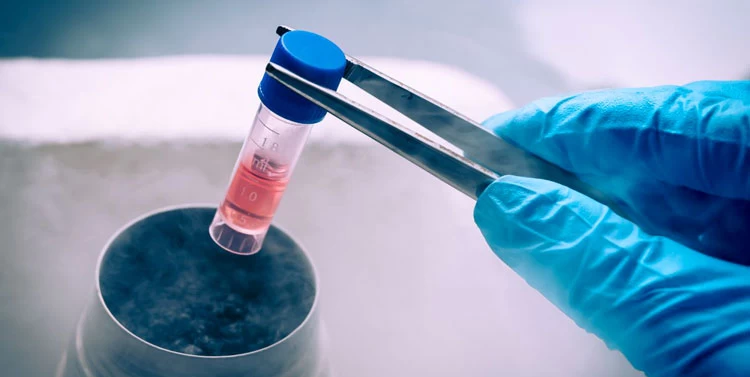

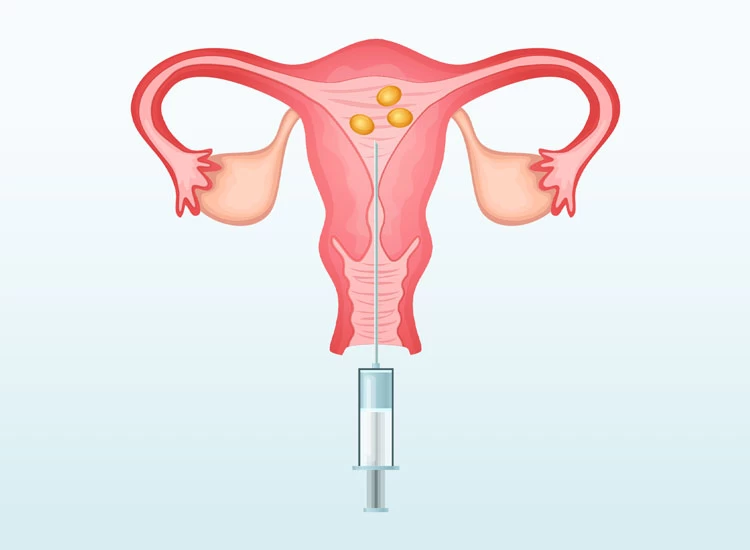
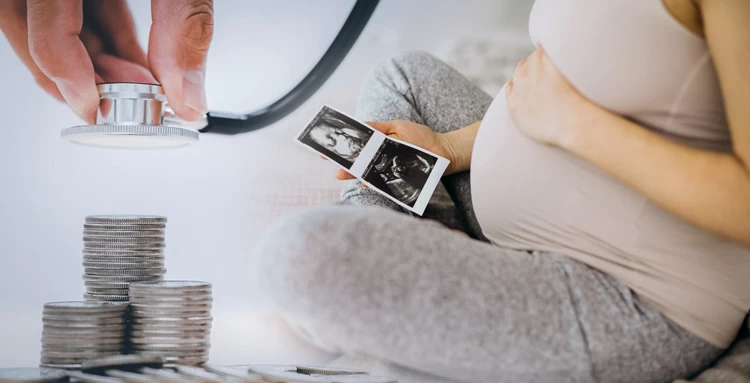
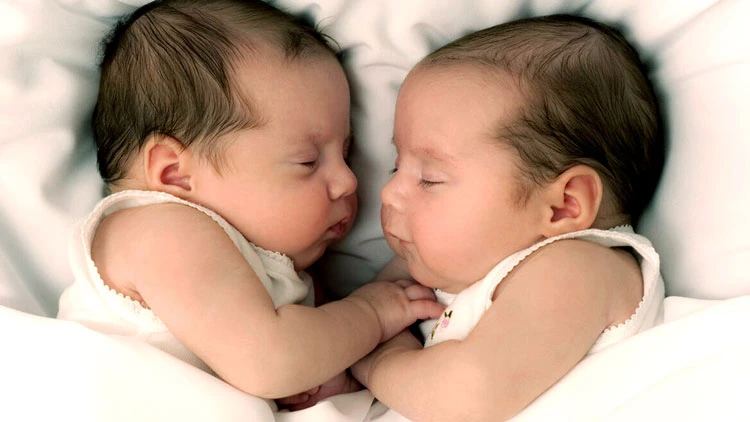

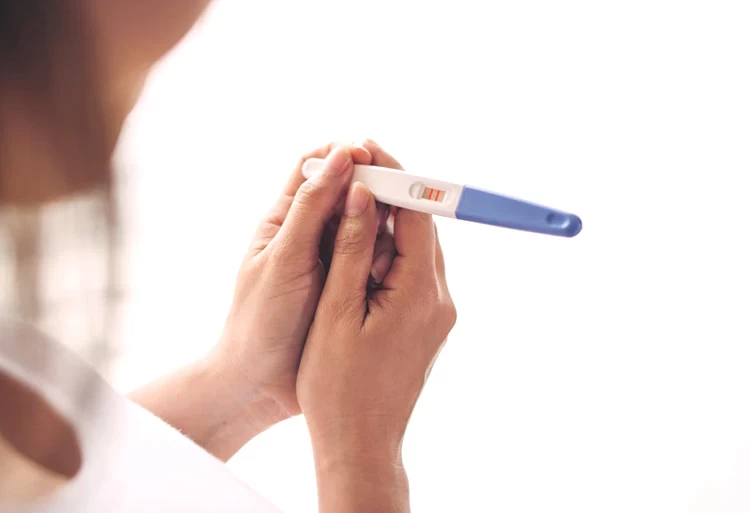
User
-I need twins at 40 years how can I access you
کارشناس رادینا سلامت
-Dear user,
we can offer you all kinds of infertility treatments like IVF, ICSI, egg donation, etc.
:Please contact us on WhatsApp
+989052510125